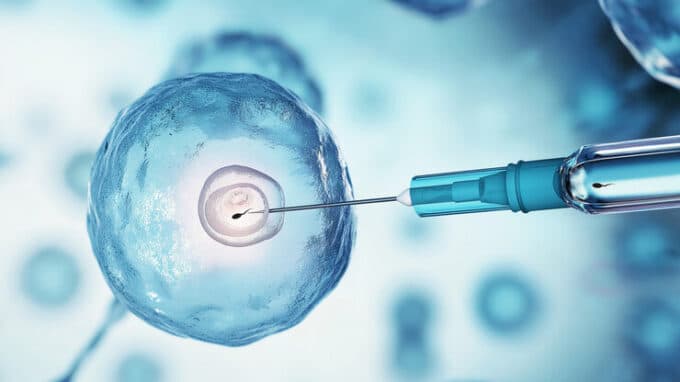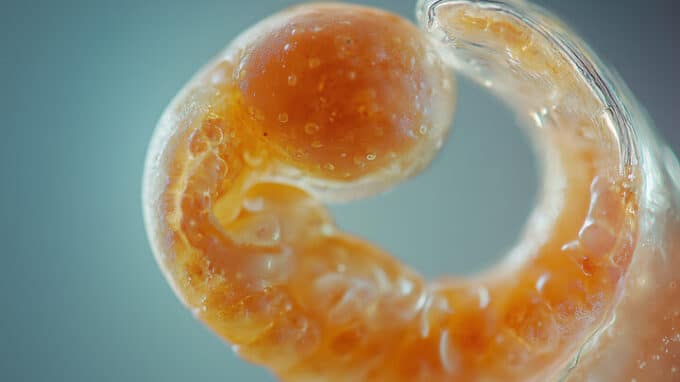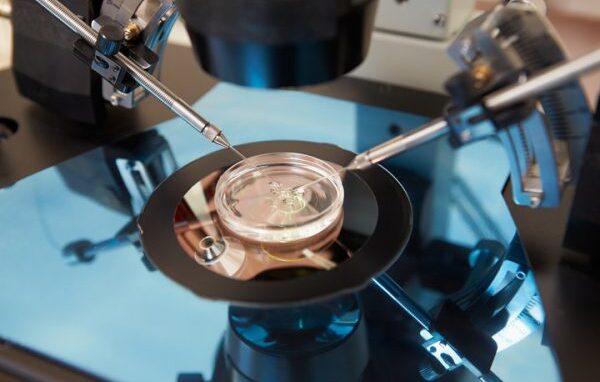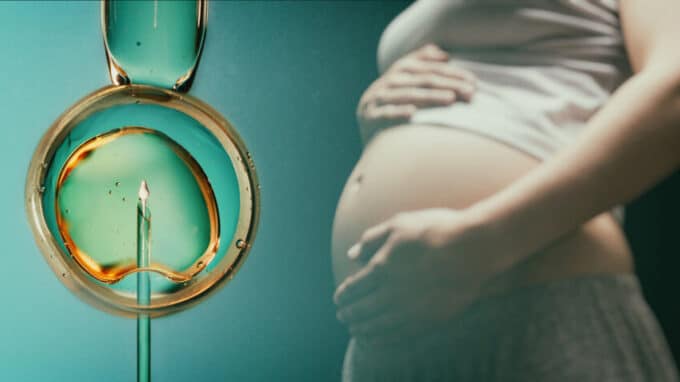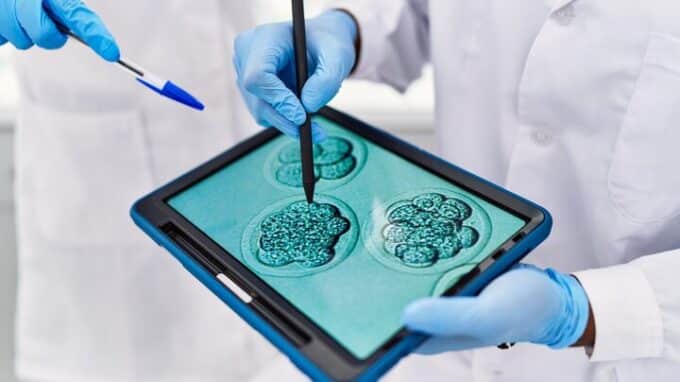Fertility treatments are now widely available and offer both advantages and disadvantages. Researchers are constantly investigating the potential risks associated with these treatments. Some studies s...
Common Fertility Treatments May Increase the Risk of Pregnancy Complications and Vascular Disease
